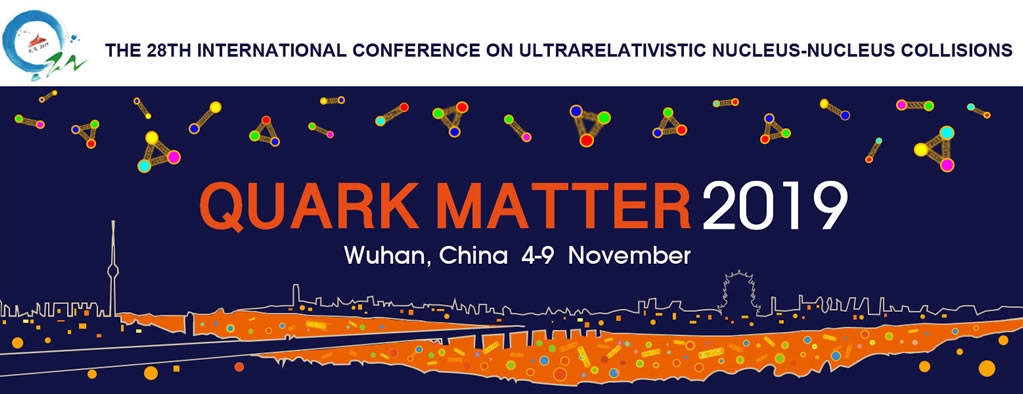Speaker
Description
Principal Component Analysis (PCA) is a mathematical tool that can capture the most important information (variance) in data. Recently, CMS collaboration applied the PCA technique to analyze the data in Pb+Pb collisions, and a non-zero subleading mode has been extracted and interpreted as arising from subleading eccentricity [1][2]. In this talk, we study the performance of PCA method in the study of the factorization breaking effects of harmonic flow in two-particle correlation analysis [3]. We show that the choice of weighting factor in the orthogonality criteria, and $p_T$ range of the analysis, and even the statistical uncertainty of the input data could lead to significantly different results in the extracted single-particle flow modes. Therefore, it is necessary to understand the sensitivity of PCA procedure to these issues before one could attach any physics interpretation of the subleading flow modes obtained.
[1] CMS Collaboration, Phys.Rev. C.96.064902
[2] A. Mazeliauskas and D. Teaney, Phys.Rev. C91 (2015) no.4, 044902
[3] Z. Liu, A. Behera, H. Song and J. Jia, in preparation.
